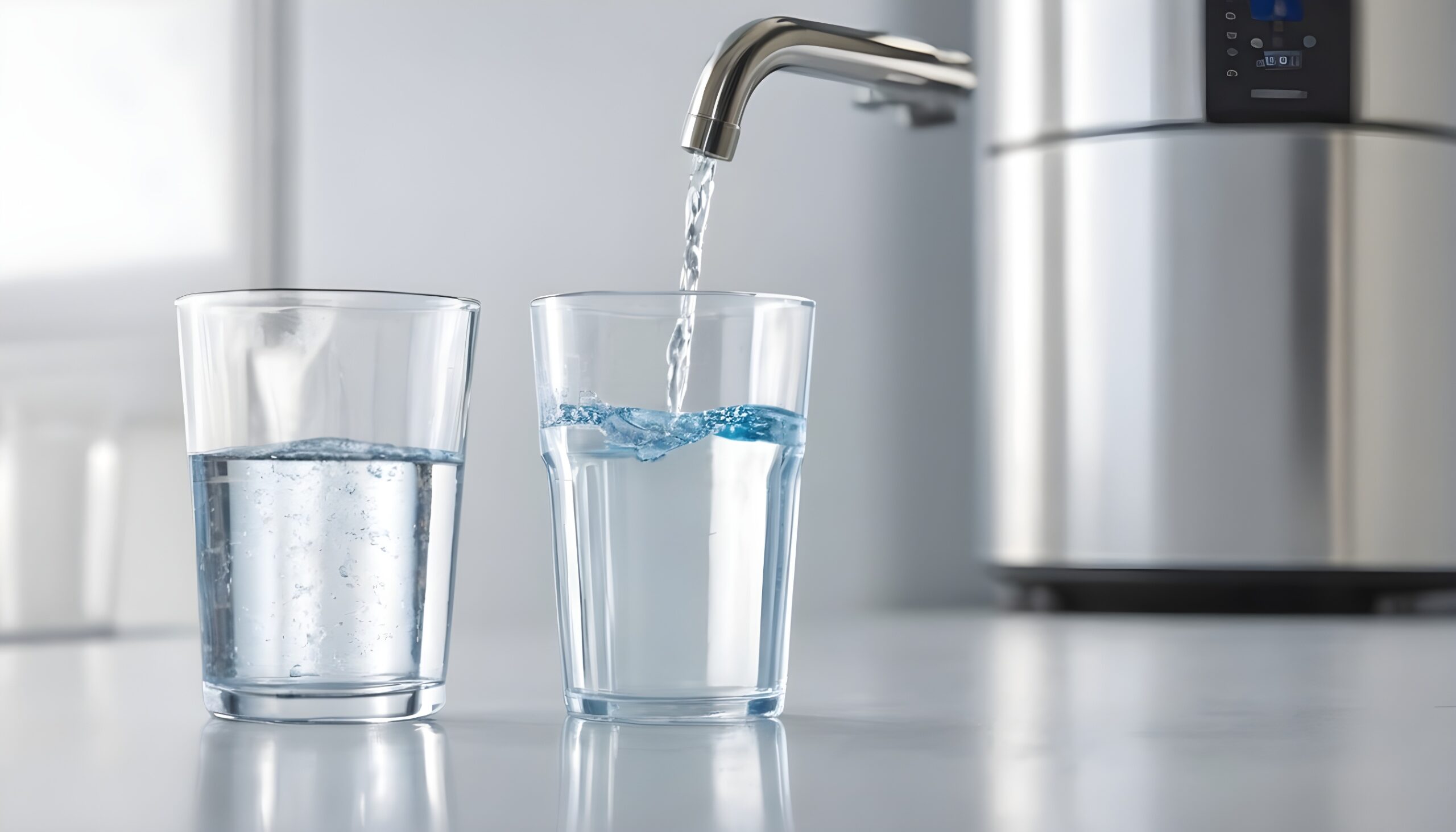Update Your Water High Quality Today with a Water Purification System
Why a Water Filtration System Is Necessary for Tidy, Safe Water
Accessibility to tidy, secure water is a fundamental human right and a cornerstone of public health. A water purification system stands as an essential solution to mitigate these dangers, making certain that people and neighborhoods can access risk-free drinking water.
Relevance of Clean Water
Accessibility to tidy water is a basic necessity for human wellness and wellness. Infected water can lead to significant wellness issues, including gastrointestinal health problems, cholera, and dysentery, particularly in susceptible populaces such as youngsters and the elderly.
In addition, clean water is vital for cleanliness and hygiene methods, which are vital in protecting against the spread of contagious conditions. Adequate water supports proper cleanliness centers, advertising a much healthier atmosphere. In addition, access to secure water affects socioeconomic factors, as it makes it possible for areas to take part in commercial and farming tasks, inevitably adding to economic advancement.
In many areas, the lack of tidy water aggravates poverty and inequality, further impeding progression toward sustainable development objectives. Ensuring accessibility to clean water is not only a public health and wellness important yet additionally a foundation for social equity and financial development. Initiatives to boost water high quality and infrastructure have significant advantages, promoting healthier communities and improving top quality of life.

Usual Impurities in Water
Making sure the schedule of tidy water is threatened by various impurities that can endanger its safety and top quality. The presence of pathogens, such as parasites, viruses, and germs, postures considerable health and wellness threats, especially in areas doing not have appropriate cleanliness. These microbes can cause waterborne illness, leading to extreme ailment or perhaps fatality.
Chemical pollutants additionally present a critical concern. Heavy metals, including lead, arsenic, and mercury, frequently enter water supplies via commercial discharges or corroded pipes. These substances can build up in the body in time, bring about long-term health and wellness issues such as neurological damage and developing disorders.
Furthermore, agricultural overflow presents pesticides and plant foods right into water systems, which can interfere with ecological communities and negatively effect human wellness. Nitrates, commonly found in fertilizers, can create major problems like methemoglobinemia, specifically in babies.
Advantages of Water Purification Equipments
Recognizing the essential demand for risk-free drinking water, water purification systems use a myriad of advantages that boost public health and environmental sustainability. Largely, these systems successfully remove harmful impurities, consisting of bacteria, viruses, heavy steels, and chemicals, guaranteeing that the water taken in is devoid of virus and pollutants. This reduction in contaminants substantially decreases the threat of waterborne conditions, promoting general community health.
Along with wellness advantages, water filtration systems contribute to ecological sustainability by decreasing dependence on mineral water, which often creates extreme plastic waste. By making use of a filtration system, households can lower their carbon impact and add to an extra sustainable environment. These systems can improve the preference and odor of water, making it a lot more tasty for daily consumption.

Various Kinds Of Filtration Techniques

One common technique is reverse osmosis, which makes use of a semi-permeable membrane to separate water from liquified solids and contaminants. This process effectively decreases contaminations, including hefty metals and chemicals. One more extensively made use of technique is ultraviolet (UV) sanitation, which utilizes UV light to counteract web link bacteria and viruses, making them safe without making use of chemicals.
Turned on carbon filtration is one more prominent strategy, utilizing carbon to adsorb organic substances, chlorine, and undesirable odors, enhancing preference and odor quality. Purification, a procedure that entails boiling water and condensing the vapor, successfully eliminates minerals and impurities but might need more power contrasted to other approaches.
Ion exchange is commonly utilized to soften water by replacing calcium and magnesium ions with salt or potassium ions. Each method has its limitations and benefits, making it important to comprehend their performances and click now efficiency in attending to certain water quality issues - Water Purification System. Eventually, choosing the appropriate filtration approach is critical for making certain risk-free and clean alcohol consumption water
Choosing the Right System
Selecting a suitable water filtration system calls for cautious consideration of different factors, consisting of the specific pollutants present in the water, the quantity of water required, and the wanted purification method. Initially, it is essential to perform a water top quality test to identify contaminants such as germs, heavy steels, or chemical toxins. This information will certainly guide you in selecting a system that successfully targets those specific pollutants.
Next, analyze your family's daily water consumption to identify the system's ability. Equipments are readily available in different sizes, from point-of-use filters for Discover More drinking water to whole-house systems that purify all water entering your home.
Furthermore, take into consideration the filtration approach that finest fits your requirements. As an example, reverse osmosis is highly efficient for eliminating a vast variety of pollutants, while UV purification is outstanding for eliminating microbes.
Conclusion
In verdict, the application of water purification systems is essential for guaranteeing access to secure and tidy water. By comprehending the significance of tidy water and the advantages of different purification methods, areas can make educated decisions to safeguard their wellness and promote socioeconomic security.
Recognizing the crucial need for secure alcohol consumption water, water filtration systems provide a myriad of advantages that improve public health and ecological sustainability.In addition to wellness benefits, water filtration systems contribute to environmental sustainability by reducing dependence on bottled water, which frequently creates excessive plastic waste. Inevitably, the adoption of water filtration systems is a positive action toward ensuring tidy, risk-free water for future generations while safeguarding public health and the atmosphere.
Choosing an ideal water purification system needs mindful consideration of different factors, consisting of the specific pollutants present in the water supply, the volume of water required, and the preferred purification approach.In verdict, the execution of water purification systems is essential for ensuring access to risk-free and clean water.